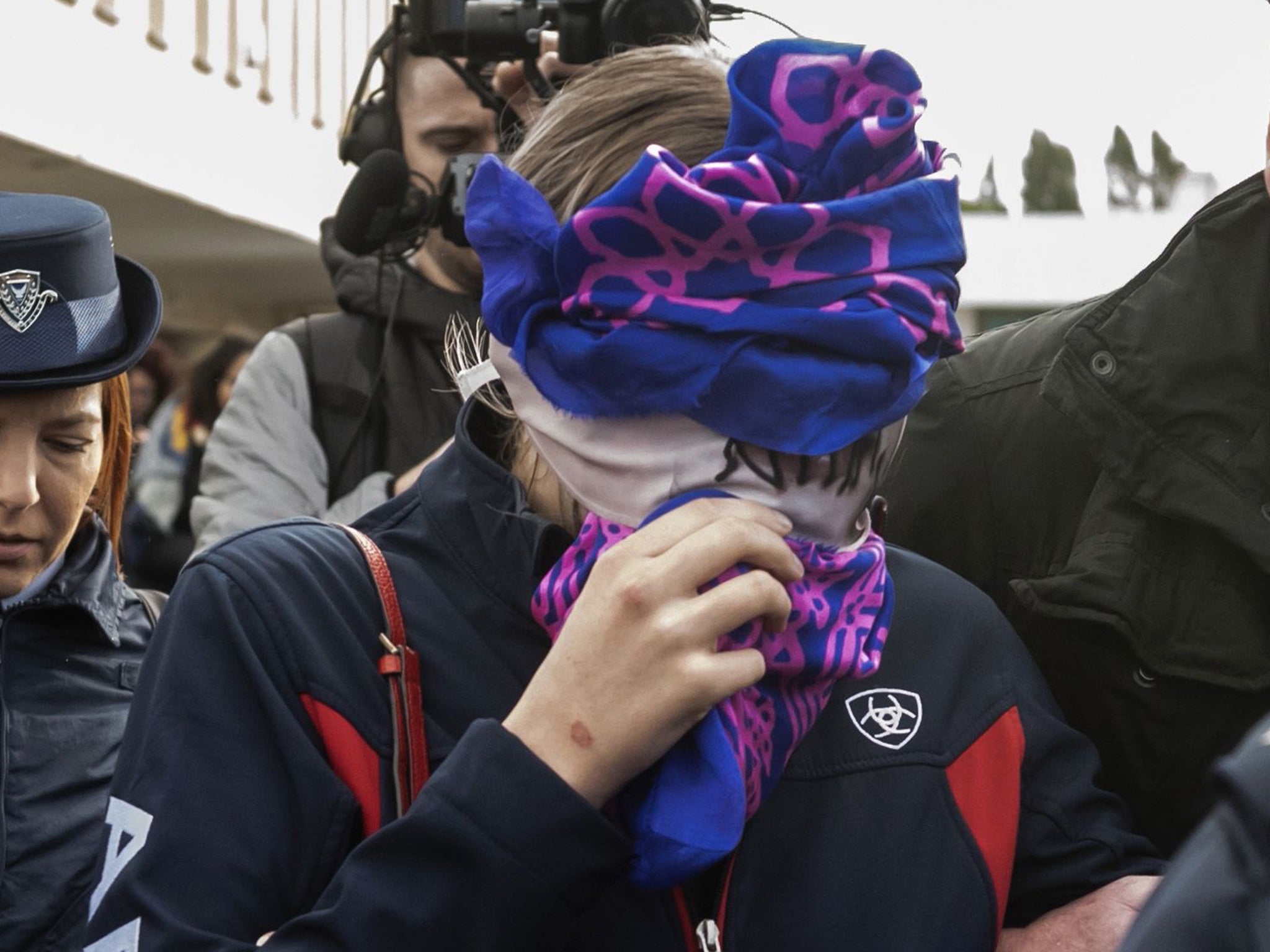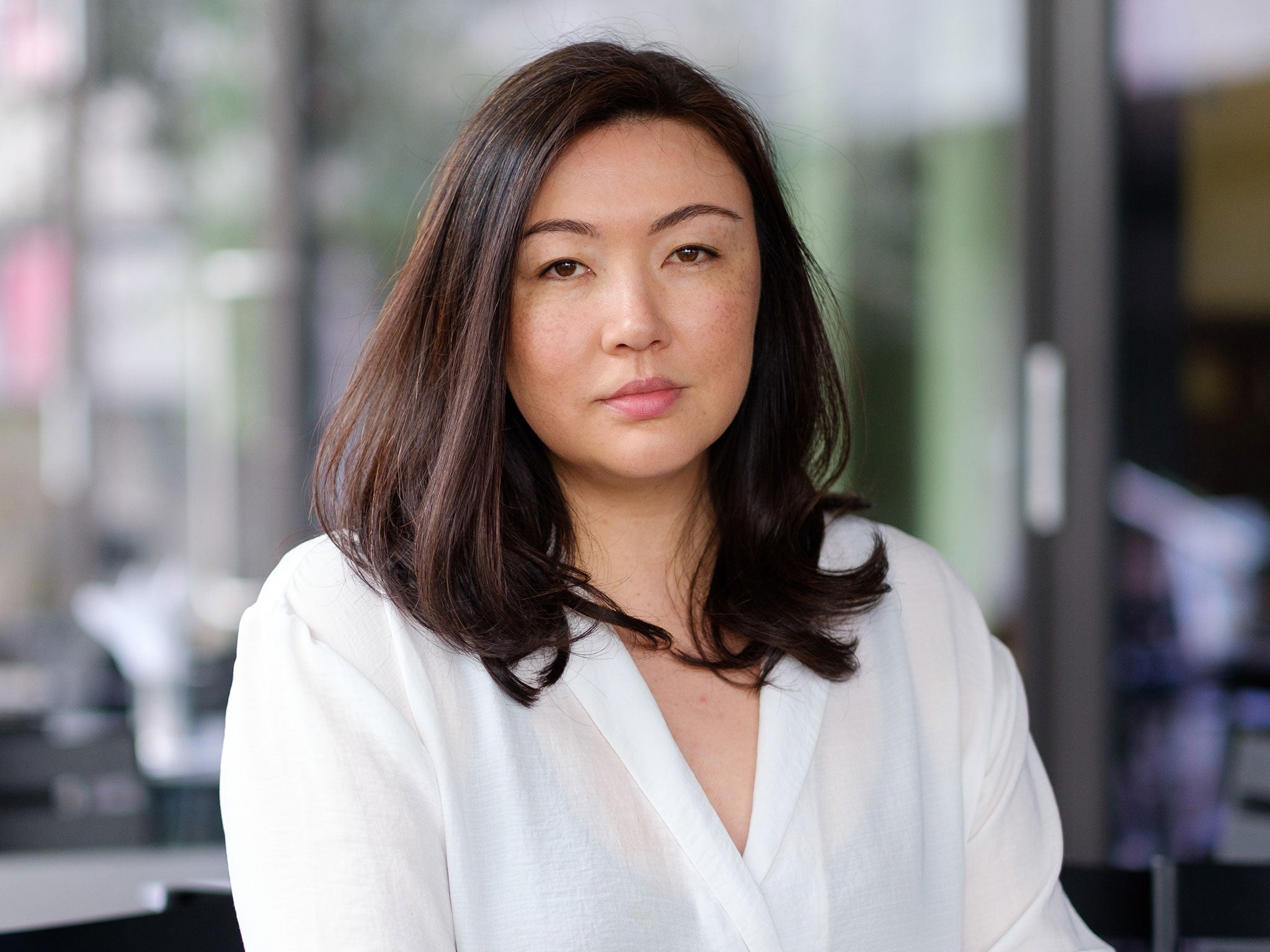Outraged by the Cyprus rape case? Britain’s treatment of victims isn’t all that different
Analysis: ‘As a victim, you are the one under suspicion. You are the one who has to prove your good character,’ one woman tells Lizzie Dearden

News that a young British woman who claimed she had been “forced” to retract a rape allegation by police had been convicted of a criminal offence in Cyprus has sparked outrage in the UK.
The 19-year-old, who reported being raped by several Israeli men while on holiday in Ayia Napa, could be jailed for the country’s offence of “causing public mischief”. As thousands of people slammed the verdict and the hashtag #IBelieveHer trended on Twitter, users voiced shock over the woman’s treatment.
Many highlighted how she was questioned for hours by Cypriot police, without a lawyer or relative present, before signing the retraction relied upon by the prosecution.
Critics called the process “backward”, “inhuman” and an “absolute farce”, but few appeared aware that victims are afforded no more rights under British law.
Although prosecutions for false accusations are rare, complainants have no automatic right to legal representation in police interviews in the UK, and may also be questioned for several hours before signing witness statements.
Research in London has suggested that the trauma of reliving attacks and awaiting news of developments in investigations that can last years is causing tens of thousands of rape cases to be dropped.
In some cases, complainants have been withdrawing from the process because of demands to access their mobile phones and personal records.
For cases that do proceed, any apparent inconsistencies between information written down by police from victim interviews and information that they may later give can destroy the chances of prosecution.
And in cases that do reach court, defence lawyers routinely seize on any discrepancies to cast doubt on the complainant’s trustworthiness or version of events.
All rape victims I have interviewed for The Independent have told how their treatment made them feel as if they – rather than their alleged attackers – were the suspect.
Bonny Turner, who waived anonymity to reveal her ordeal, was interrogated for six hours by City of London Police in 2016.
“I was only offered one cup of tea during that time – no breaks, no food, nothing,” she said. “I’m not even sure that suspects get treated that way.”

Ms Turner, whose alleged rapist was not prosecuted despite appearing to confess to the attack in a Facebook message, said there were “all sorts of issues” with the witness statement that an officer typed out.
“She amended a few things but it was like she couldn’t be bothered to make sure it was an accurate account,” she added. “Even if my case had ever got to court I would have had serious concerns about that statement … I hadn’t got the strength or resources to challenge what the police officer was saying.”
Jane*, who was violently raped by a stranger in 2011 but re-interviewed after police identified him earlier this year, said she “felt under a lot of pressure”.
“It felt like a fishing expedition where they were just trying to gather as much information about me as possible,” she said.
“As a victim, you are the one under suspicion. You are the one who has to prove your good character.”
Jane found out lawyers representing her attacker, who admitted the rape after being caught for another assault, had been given her name and personal details. “This whole process has felt like one intrusion after another,” she added.
Another victim, Sarah*, described spending an “entire afternoon” being repeatedly questioned on the attack she reported by several different police officers.
The third officer demanded her mobile phone and said the case would not be prosecuted without it because of a “new rule”. It was only when Sarah sought legal advice after leaving the station that she found out how the data could be used and shared.
She dropped her case after being told by a police officer that it would not proceed without the phone.
“It made me very angry, it made me feel like I was the one on trial and they were trying to seek out ways it was my fault and that I had doing something wrong,” Sarah said. “I had a trust in the police and justice system to have my back and they didn’t.”
Campaigners are calling for a new victims’ law to guarantee minimum levels of support – and legal advice – for complainants in all crimes.
But the prosecution rate for rape has already fallen to 1.4 per cent, and cases like this one in Cyprus will do little to encourage survivors to put their faith in the justice system.
Bookmark popover
Removed from bookmarks